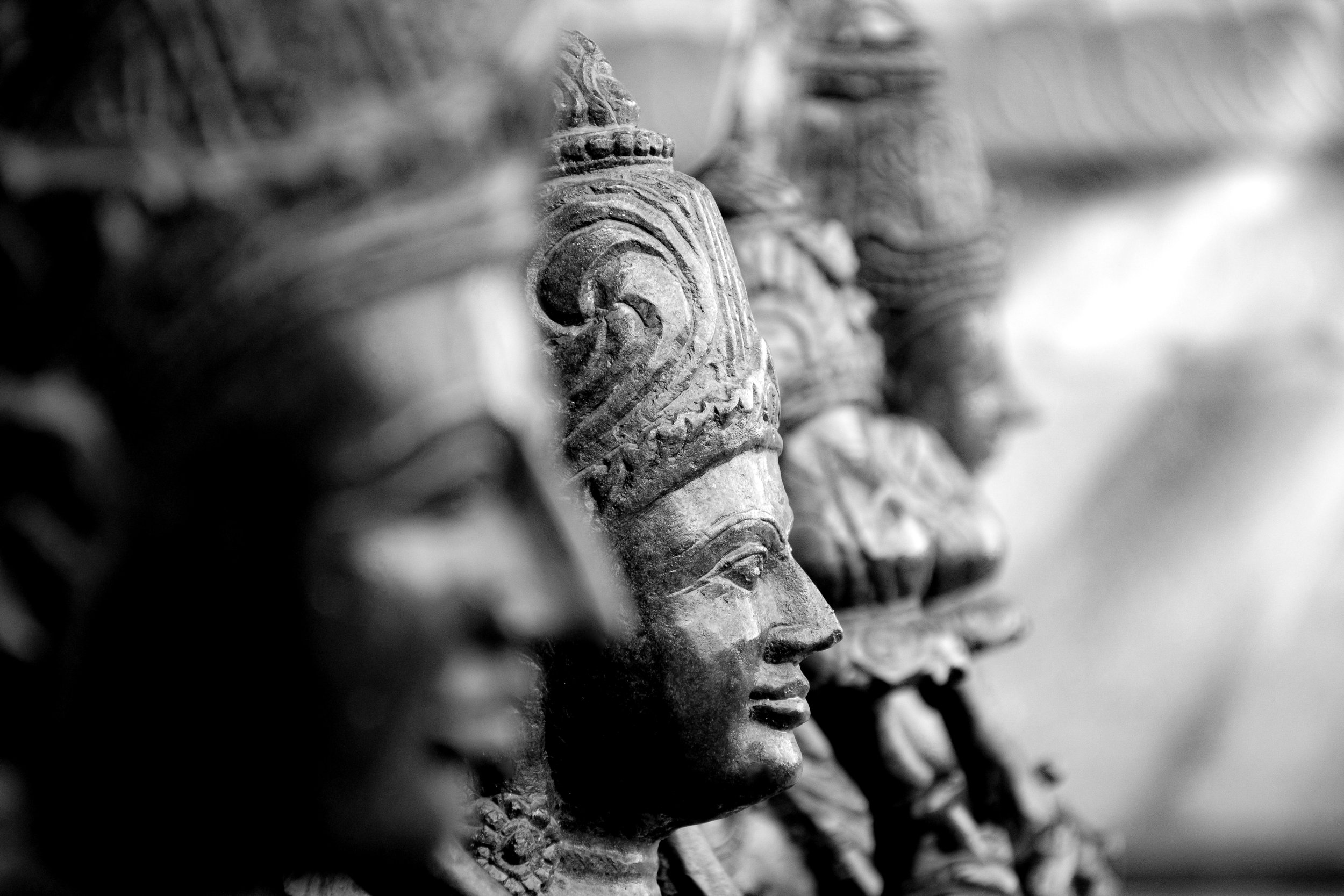Tim Keller recounts the personal impact of the 2008 financial crisis on many of the people at the centre of it. The acting chief financial officer of the Federal Home Loan Mortgage Corporation, Freddie Mac, hanged himself in his basement. The chief executive of Sheldon Good, a leading U.S. real estate auction firm, shot himself while sitting in his red Jaguar. A French money manager for many of Europe’s royal families slit his wrists after losing $1.4 billion in Bernard Madoff’s Ponzi scheme.
Each of these individuals was likely hard-working and well-educated. They were probably personable and sincere. If you had lunch with one of them, you would probably be impressed with their charm and conclude they were “good people.” So, what was wrong? What would cause seemingly good, well-adjusted people to take their lives following an economic collapse that none of them could have prevented or avoided?
Keller’s conclusion is that they had let a good thing become the ultimate thing in their lives. Whether it was their work or their reputation or their success or their money, we don’t know. But somewhere along the line, something had taken the priority that God was intended to have in all of our lives. The Bible calls that idolatry. It happens whenever we treat something – even a good thing – the way that only God is to be treated. It becomes our idol. It’s like a counterfeit god that we’re worshipping in the hopes that it’ll save us.
The book, Counterfeit Gods, offers a number of areas to question in order to discern where your idols might lie:
1. When you’re alone, where do your thoughts most often turn for joy and comfort?
We all have hopes and dreams. But when we pin our hopes on something other than what God has promised, it can become an idol. Maybe, it’s the path for your career or your vision for your family. Maybe, it’s a certain status or level of prosperity. When something other than God becomes our main source of satisfaction, we’re nurturing an idol, and idols always disappoint.
2. What do your finances reveal about what you really treasure?
Jesus said, “where your treasure is, there your heart will be also” (Matthew 6:21). His point was that our money and how we spend it shows what we value and what takes priority in our lives. Does your bank statement reflect how important God and His values are in your life? Or does it show that something else has captured your real loyalty?
3. What do your emotions reveal about what’s most important to you?
Emotions can often provide an important window into our soul. Is there something that makes you blow up or shut down? Is there an area where you won’t take no for an answer? The way Justin Buzzard phrases this is by asking what your greatest nightmare is or what you fear the most. If your greatest nightmare is uncertainty, your idol is probably control. If your greatest nightmare is rejection, you may have made an idol of people’s approval. If your greatest nightmare is people’s demands, comfort might be your idol.
Repentance is simply trading your idol for the living God. It’s replacing counterfeit worship with true worship.
Keller includes the story of a man named Bill who had also lost big in the 2008 financial crisis. Like the other people I mentioned, he lost an enormous amount of money. He was hit with the sense of failure at not having anticipated what happened, and starting over was a monumental task for him. But three years before the financial crisis, he had stopped treating money as his god, and it made all the difference. He said: “If this economic meltdown had happened more than three years ago, well, I don’t know how I could have faced it, how I would have even kept going. Today, I can tell you honestly, I’ve never been happier in my life.”
Don’t turn a good thing into an ultimate thing. A life lived for an idol – whatever it is – will always disappoint. It’s only as we replace our idols with the true God that we experience Him as refuge, rock, and Saviour. Look to Him, today!
In awe of Him,
Paul














